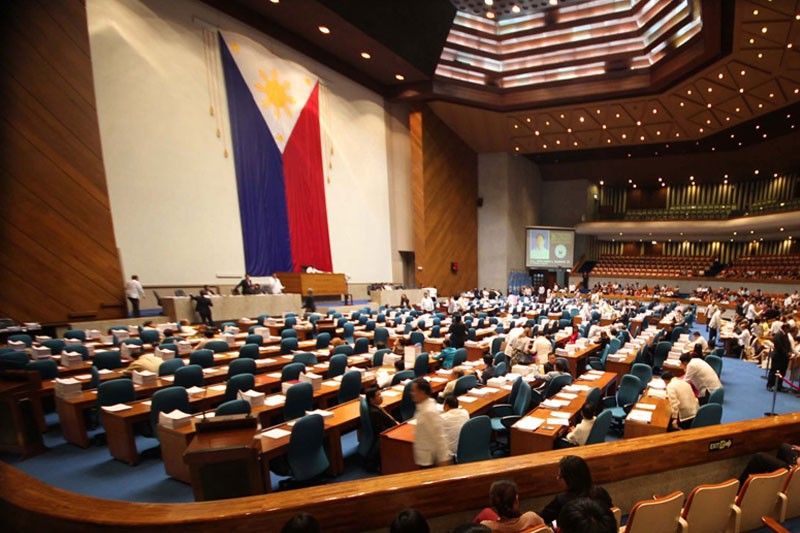House to adopt hybrid budget system for 2019

MANILA, Philippines — The House of Representatives under Speaker Gloria Macapagal-Arroyo will adopt a hybrid budgeting system – or a mix of the cash- and obligation-based schemes – when it resumes deliberations on the proposed 2019 national budget on Aug. 28.
House Majority Leader Rolando Andaya Jr., a former budget secretary and House appropriations committee chairman, said only select departments or projects might implement the obligation-based system, the mode which they have been pushing.
“For example, calamity fund, (you could not spend that without a calamity). If a typhoon comes in November, you cannot finish a repair job in one month. So, this will spill over to the next year,” he said, explaining that under the cash-based policy proposed by Budget Secretary Benjamin Diokno, the allocated funds should be spent within the fiscal year.
“We understand it from the economic managers’ point of view, but we also have to balance it. We’re leaning towards cash-based but it’s not totally cash-based yet. It’s a first step towards a cash-based system. We agree with the concept, but it is not very practical. We just want to make sure the budget is reflective of President Duterte’s promises,” Andaya added.
Asked if the Department of Budget and Management will be the one to determine which will adopt a cash-based or an obligation-based system, he said the department should be in charge of creating the internal rules and regulations.
“The budget should be demand-based, not supply-based. If we now curtail those that need to be funded, then it will become supply-based. But we should only be giving what is required in the demand, this is what was approved in the TRAIN law,” he pointed out in Filipino, referring to the Tax Reform for Acceleration and Inclusion law.
A cash-based budgeting system expects that all expenditures will be completed within one fiscal year. Andaya noted that this would be impossible to execute, especially in 2019 because of the election ban, which falls in summer.
House Minority Leader Danilo Suarez said the executive department should not punish them only because they wanted to prevent underspending, which was prevalent during the previous Aquino administration.
“The cash-based budgeting system is only good for advanced economies or fully developed nations. But for a developing nation like us, it just cannot be. It’s really very wrong,” he said.
‘Restore budget cuts’
The Philippine Rural Electric Cooperatives Association and Philippine Federation of Electric Cooperatives supported Davao City Rep. Karlo Nograles’ efforts to produce a “people’s budget” by restoring cuts made by the DBM in the 2019 national budget.
“We hope his colleagues follow his lead and work to restore the budgets of agencies like the National Electrification Administration (NEA). Nograles understands the impact of electrification in the countryside,” Philreca president Presley de Jesus said.
“How can the President fulfill his promise to completely energize the country within his term if the target number of sitios for electrification is substantially reduced?” he asked.
Nograles said the NEA’s budget for next year was reduced by P654 million, from P1.817 billion to P1.163 billion.
He said the target number of sitios to be energized had been slashed from 1,817 to 775.
According to National Association of General Managers of Electric Cooperatives president Sergio Dagooc, the House leadership should defend the budgets for the government’s infrastructure programs.
“They should not resume budget deliberations until the funding for electrification program, health and education are restored,” he said.
Albay Rep. Joey Salceda also warned Diokno that if the 2018 budget is reenacted, then the more than one million government workers scheduled to receive the fourth tranche of salary increases next year will not get it.
“A reenacted 2018 budget cannot authorize the P84-billion in salary increases of military and uniformed personnel as provided by House-originated Joint Resolution No. 1 (of Congress),” he said.– With Jess Diaz, Paolo Romero
- Latest
- Trending




























